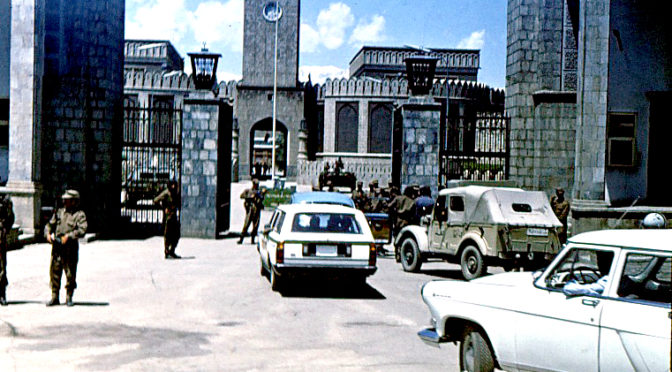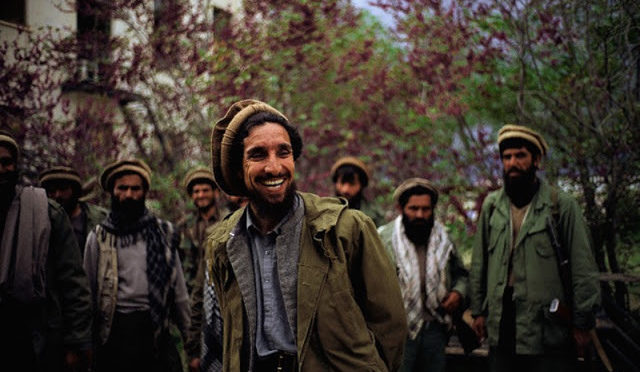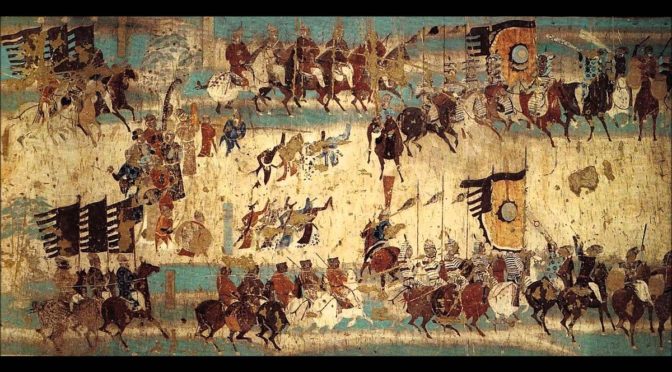Source: The New Yorker
On April 14th, President Joe Biden ended the longest war in United States history, announcing that the last remaining American troops in Afghanistan would leave by September 11th. In the following weeks, the Taliban conquered dozens of rural districts and closed in on major cities. By mid-June, the Islamic Republic of Afghanistan—the brittle democratic state built by Afghan modernizers, NATO soldiers, and American taxpayers after the 9/11 attacks—appeared to be in a death spiral. Yet its President, Ashraf Ghani, insisted to his cabinet that the Republic would endure. In every meeting, “he assured us, and encouraged us,” Rangina Hamidi, the acting minister of education, said. Ghani reminded them, “America didn’t make a promise that they would be here forever.”



